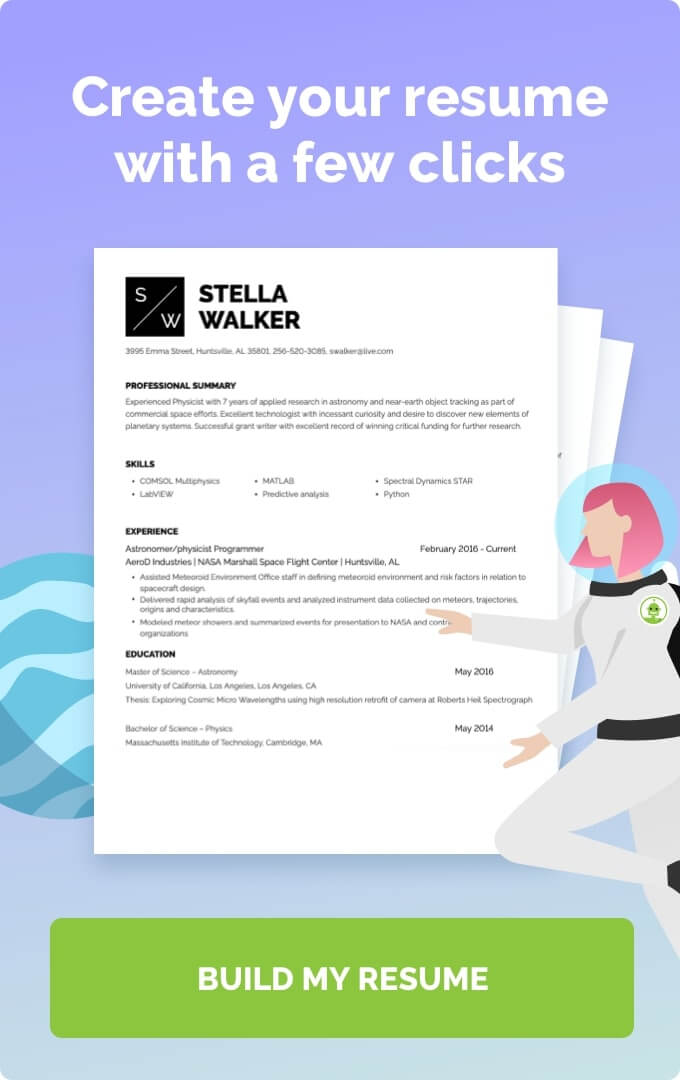Ever felt like your boss is watching your every move?
You may not know the half of it.
Table of Contents
 Introduction
Introduction
From keystroke logging to screenshots of the sites you’re visiting on company-owned devices, employee tracking is far more common than you might think. But what exactly is your boss looking for, and why?
Here, we’ll dig into everything you need to know about employee surveillance — including how to know if your boss is spying on you remotely, what it means, and how to stay in good standing on the job if you suspect you’re being watched.
 Employee Tracking Is for Data
Employee Tracking Is for Data

First things first: why on earth would your boss spy on you?
After all, they took the time to read your resume, interview you, check your references, and decided to make a job offer… haven’t you earned a certain degree of trust?
Some employers might do employee tracking to monitor online habits with an eye on improving overall productivity.
For instance, your employer might amass data on items like these:
- how long it takes for employees to respond to emails
- how many meetings they have
- how long their average lunch break is
- average use of company intranet or resource sites
- time spent communicating with clients.
Sound boring? It is. But this type of data can help employers identify weak points, find out where time is wasted, and improve processes.
But yeah… a lot of them are just keeping tabs on you.
 Employee Surveillance Is for Spying
Employee Surveillance Is for Spying
“One of the biggest reasons why this is done is because supervisors and managers want to make sure their employees aren’t goofing off but rather are actually working,” says Ron Auerbach, a career coach, resume writer, and author. “So it’s the fear that employees are using their working from home as an excuse not to work nearly as hard as they would if they were in the office.”
According to Dhaval Patel, founder of Do Good SEO, “Bosses typically spy on their employees when there is an inherent lack of trust within the company. When employers spy on their employees, it’s typically indicative of a lack of managerial inexperience and an absence of proper project management.”

Managers who feel out-of-control with everyone in the same building may really struggle to trust employees who are working from home. Basically, they use remote employee tracking to make sure you’re doing what you’re supposed to be doing… and not doing other stuff.
Are you sharing proprietary company info? Wasting company time on social media? Online shopping when you’re on a conference call? You get the idea.
Additionally, while it’s sad to say, employee satisfaction is at all-time lows. The job market is tough right now — meaning that people tend to stay in positions for financial security rather than out of loyalty. This doesn’t make for great vibes in work relationships.
Company owners are aware of this. Like a jealous partner might “check up on you,” your boss may use employee surveillance to make sure you’re not planning to walk away.
How is Your Boss Spying On You?
Curious about how your boss is secretly stalking your every move?
Employee surveillance in a physical workplace —such as factory, retail store, or restaurant—is often done with security cameras. They might be prominently placed, or hidden from the naked eye. Given the easy accessibility and setup of security cameras and programs these days, you can assume that some kind of employee surveillance is underway.
For remote workers, the monitoring is focused on your computer use. It’s fairly safe to assume that company-owned computers or devices are being monitored or could be monitored at any given time.
There are many different programs for monitoring employees online. They range from basic time trackers to much more advanced programs. Some employee tracking programs can do things like capture screenshots of the websites you’re visiting and flag emails containing certain words or phrases.
 Employee Tracking and Your Rights
Employee Tracking and Your Rights
Curious about the ethics of employee tracking and monitoring?
As Privacy Rights Clearinghouse acknowledges, monitoring remains “virtually unregulated.” However, that having been said, “unless company policy specifically states otherwise (and even this is not assured), your employer may monitor most of your workplace activity.”

They also note that in many cases where legal action has arisen, courts have generally been of the opinion that employees should expect limited privacy.
Remote workplaces — whether your home or another remote location — are not exempt from this rule. Though employers certainly cannot set up security cameras in your home office, they can use employee tracking software on any company device. The Electronic Communications Privacy Act of 1986 remains a key federal law on the topic; as Forbes summarizes, for the most part, it “does not protect the privacy of stored information if the information exists on the employer’s own servers or equipment.”
Another thing to note? It’s actually possible that you may have signed off on your boss spying on you without even realizing it.
Be sure to take a look at the fine print on your employment contract!
If you do feel that your rights have been violated, Patel advises making sure you’ve crossed your t’s and dotted your i’s. He advises, “If the spying involves behavior outside of your scope of work make sure you meticulously document what is going on to share with HR.”
 Signs Your Boss Is Doing Employee Surveillance
Signs Your Boss Is Doing Employee Surveillance
It can be hard to say for sure whether or not your boss is spying on you. However, there are a few telltale signs
It Says So In Your Employee Handbook
As it turns out, the company handbook that you never read might say something about at-work monitoring. According to Forbes , it’s common for handbooks to note that company-owned devices are to be used for business purposes only — and may be subject to monitoring.
Check your employee handbook — it may spell out policies related to potential monitoring!
You Have an IT Department
The mere presence of an IT department or dedicated IT professional could be a sign that you’re being watched. In general, this means that your company has the tools and expertise to keep tabs — it’s safe to assume they’re using them.
You Have An Employee ID
Do you need an employee ID card or code to gain access to company sites, intranet, specialty software, or to check out tools or equipment? You guessed it — that information is likely being logged and monitored.
 Think Your Boss Might Be Spying? Try These Tips
Think Your Boss Might Be Spying? Try These Tips
Whether you know that you’re being monitored or simply suspect it as a possibility, there are some general tips to help you stay safe on the job.
Have a Conversation with Your Boss
Being proactive and straightforward may put your supervisor’s mind at ease.
“Employees should let their boss know that they are still taking their work seriously, no matter where they happen to be working,” says Auerbach. “Let the boss know you understand why they may be looking over your activities because it’s their job. This way, you’re showing you understand making sure employees are hard at work is part of a manager’s role.”

Assume That You’re Being Watched
The best defense is a good offense. If you knew you were being watched, how would you act? Chances are you wouldn’t be spilling Cheeto crumbs on your keyboard and using your company laptop to shop for underwear.
Given the proliferation of employee monitoring, it’s pretty safe to assume that you’re being watched at all times. So act accordingly!
Keep Personal Life Out of the Office
It can be tempting to flirt with your new love interest on Facebook messenger or swap emails with your bestie during the workday. Try to avoid the temptation.
Not only can personal correspondence scatter your attention from the job at hand, but inappropriate communication on company devices during company time could get you in trouble.
Everyone has to send a personal text or email during office hours from time to time. But when you do, keep it quick — and use a personal device.
Respect Your Employer
Nobody expects you to be perfect at all times, and a quick Amazon order from time to time probably won’t get you fired.
But remember, the company you work for respected and trusted you enough to hire you. You may not be your boss’s property, but they are paying you for your time and to do a job. Focus on performing that job to the best of your ability above all else!
 I Spy …
I Spy …
You may not be able to control whether you’re being monitored at work — or how, or why. However, you do have control over how you handle it.
You were hired for a reason — to complete a job. Why not exceed expectations and let that spying reveal what a conscientious and good employee you are rather than how much you’re slacking off?








